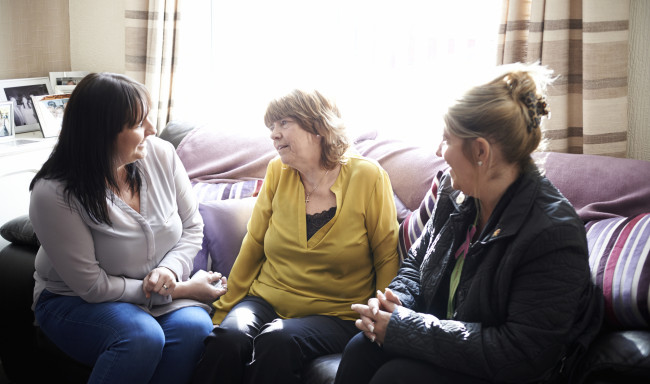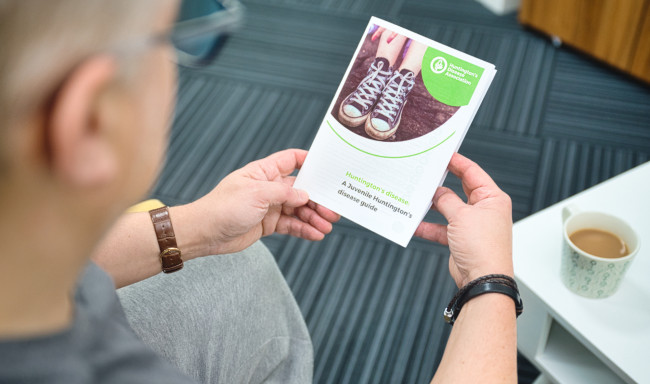The time before a diagnosis is made can be very confusing and frightening. If you are experiencing symptoms or seeing someone you care about experiencing them, you may not be sure of what is happening or why.
Early signs you or your family may notice could include changes in personality; irritability; difficulty in learning new things or feeling clumsy. However these symptoms could happen for many other reasons.
Some people who know they are at risk of Huntington’s spend time searching for the first signs that they are developing the disease. They may worry about simple things like dropping a cup, forgetting a name or becoming unusually bad-tempered. Most people do these things occasionally - whether they are at risk from Huntington’s disease or not - so you or the person you care for could be worrying unnecessarily.
If you are concerned about Huntington’s disease, write down all your symptoms and talk to your GP, who may refer you to a specialist (usually a neurologist) for tests. These tests could include a number of simple checks and possibly a brain scan, to rule out other, similar conditions.




